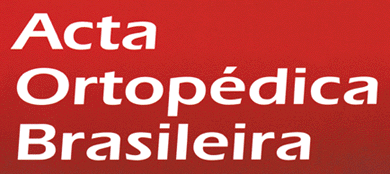The antinflammatories are agents utilized on clinical practice that interfere on inflammatory process by synthesis inhibition of prostaglandin and tromboxanes. Some experimental studies investigated their action on the fractures consolidation process, through clinical and histological studies, as the biomechanical analyses are scarce. In this study, 20 (twenty) Wistar pedigree rats were used, aleatory divided into two groups: A group (control) and B group (treated with diclofenac). In both groups open fractures were made through perforation on right tibia. The drug administration was done intramuscularly in a single daily dose, during 28 (twenty-eight) days. The animals were weekly weighed. After the sacrifice the tibias were dissected, weighed and submitted to a biomechanical analysis of flexion and the maximum load, deformation and rigidity coefficient were measured. It was remarkable that the treated group with antinflammatory did not present body weight gain after the second week and the broken tibias were heavier. In this group the osseous callous supported less maximum load, presenting larger deformation and smaller rigidity coefficient. In the treated group, the non-fractured bone was also less rigid. Concluding, at this studied conditions, the diclofenac can interfere on the consolidation process and on the osseous metabolism, promoting a delay on the callous maturation and a smaller rigidity of the intact bone, respectively.
Antiinflammatory; Fracture healing; Rats










